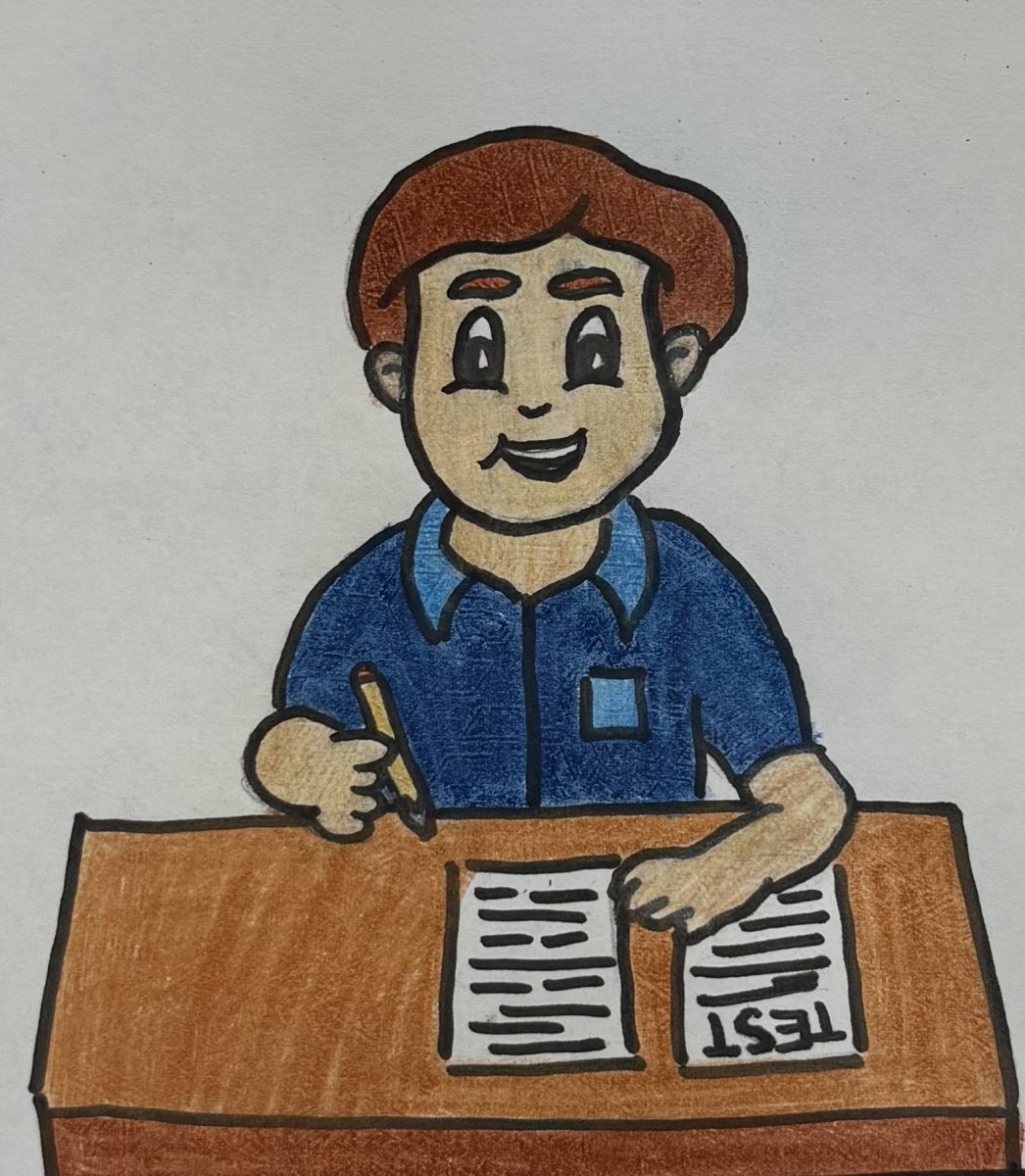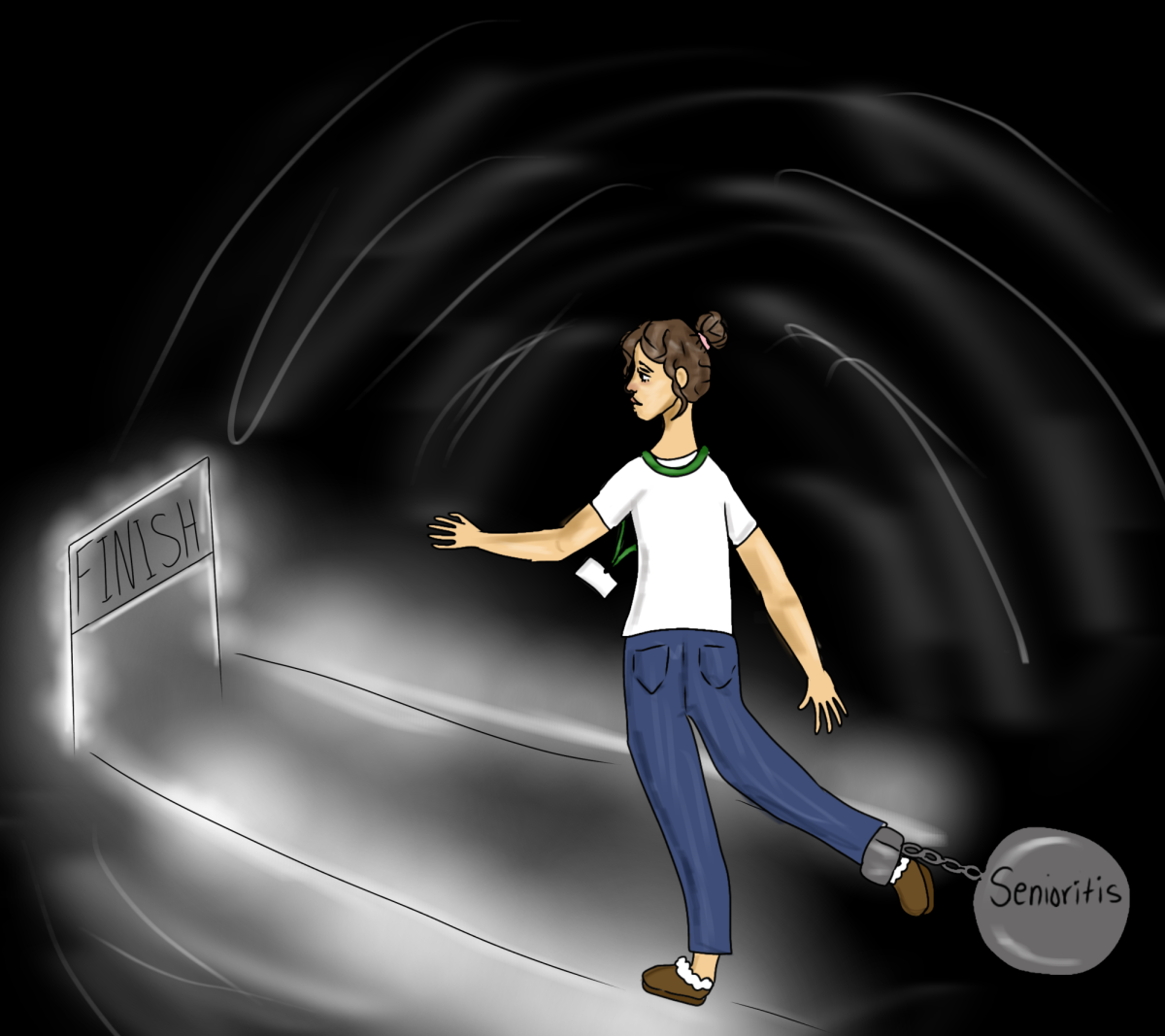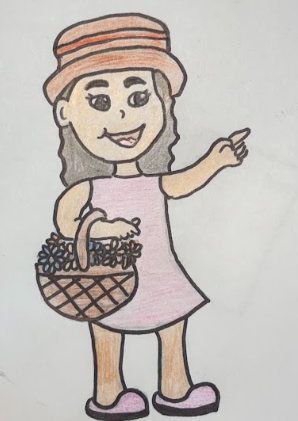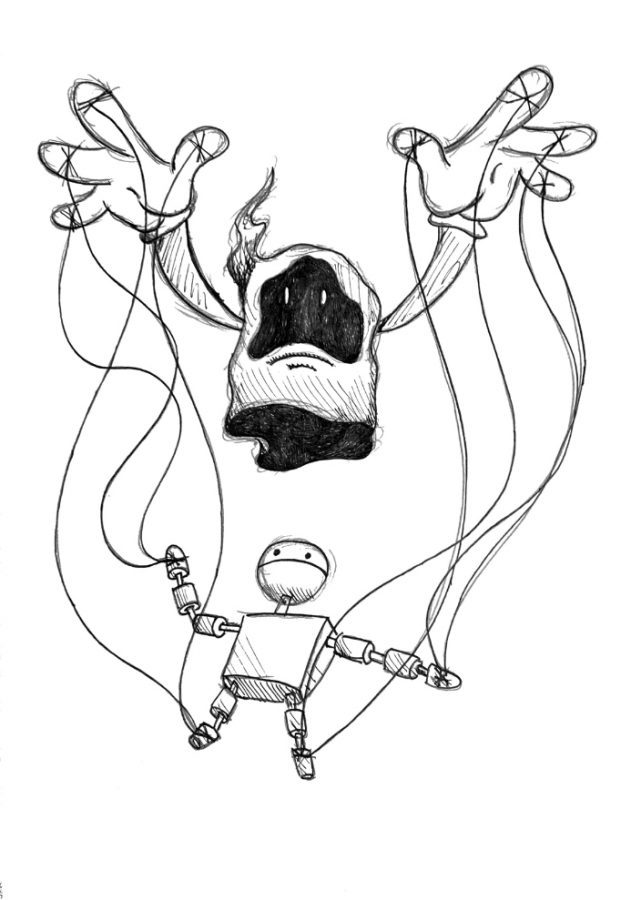Toxic Relationships: How to Recognize and Avoid Them
The term “toxic relationship” is heard often, but does everyone truly know what one is? Unfortunately, toxic relationships are more common than many think. According to the Centers for Disease Control website (cdc.gov), intimate partner violence (IPV) affects 25% of women and 10% of men during their lifetime. IPV includes sexual, physical, and mental abuse. In addition, IPV often begins during the teenage years and affects millions of teens. So, why are relationships this common?
One reason these relationships are so common is that most people do not know how to identify the signs of what makes a relationship “toxic.” Red flags are elements in a relationship that make it unhealthy. When asked about red flags in relationships, Amintta Ragavanis, a senior, said, “As a girl, I already get judged enough on what I wear by society. I don’t need the person I’m with to bring me down as well.” If a partner does not respect what the other person wears, he/she is showing respect. It does not matter what the clothing is; it is controlling and disrespectful if a partner constantly tells the other what he/she should be wearing. In addition, Ragavanis said, “A partner needs to be supportive of my decisions as an individual. In the long run, we are two individuals who chose to be in a relationship, meaning one person is not better than the other.” Being a supportive partner is essential to the well-being of the other. In a relationship, both parties should be equal and want to see the others reach their goals. If the dynamic in the relationship is disproportionate, it is toxic. Aside from controlling, disrespectful, and unsupportive behaviors, other signals of unhealthy relationships are dishonesty, jealously, making constant excuses for the toxic partner’s actions, and the toxic partner making excuses for their harmful behavior. Trust is an integral part of a relationship. If one partner is constantly lying to the other, all trust in the relationship will be broken. Suppose someone in a relationship is always making excuses for the other. In that case, he/she is probably trying to convince themselves that their partner’s actions aren’t as bad as they truly are. Taking accountability is hard for some people. A toxic partner will constantly make excuses for his/her actions and never admit their wrongdoings, meaning the relationship will be a constant struggle. Many factors contribute to an abusive relationship, and it is vital to be able to recognize them.
Knowing some factors that contribute to unhealthy relationships, the question remains as to why some people stay in them. Vanessa Gonzalo, a sophomore, said, “I think it’s because of the attachment. It’s all you’ve ever known; it’s your version of love, and you try to make it better than it is.” People convince themselves that they are in love and normalize the negative emotions in a toxic relationship. In addition to attachment, some people in toxic relationships might even be ashamed to admit their partner is abusive. According to the Sept. 30 New York Times article (nytimes.com) entitled “I Know All Too Well How a Lovely Relationship Can Descent Into Abuse,” the writer, Amy Butcher, whose partner became extremely aggressive, said, “I didn’t tell anyone about it then because I was embarrassed that the person I loved was someone who could be so cruel to me.” Victims of abuse are afraid of the judgment they will receive if they discuss their trauma, which explains why the number of instances of rape is heavily unreported. Beyond the shame victims carry, there could be the genuine fear that their partner will harm them, which Butcher felt at the moment.
How can people avoid toxic relationships? When asked about avoiding abusive relationships, Rosanne Bogard, a social worker at LHS, said, “Surround yourself with the right people, a person on the outside of the relationship can easily spot the signs of a toxic relationship rather than on the inside of the relationship. It is good to have people look out for you and to help you be aware.” In addition, Bogard said, “Know the signs, some being jealousy, controlling behaviors, dishonestly, disrespect, excessive excuses for their behavior, and isolating.” Being aware of the traits of a toxic relationship can help people realize the situation they are in. It is important for people to carefully assess their relationships.

I am a member of the Class of 2022. I am a part of the varsity badminton team. I love spending my time playing video games and going out with friends.





































